If you consider unlimited data practically mandatory for your iPhone, you've got a few options from the major U.S. carriers. Cutting through some of the marketing, here's what's on tap and how it compares.
AT&T
AT&T currently has two tiers, confusingly named Unlimited Choice Enhanced and Unlimited Plus Enhanced. Both offer perks like unlimited roaming in Canada and Mexico, and — if media hegemonies don't bother you — free HBO. With autopay and paperless billing on, Unlimited Choice Enhanced plans start at $65 per month plus taxes and fees for a single line, while Unlimited Plus Enhanced costs at least $80.
The difference between the two is that Choice Enhanced is deliberately crippled. Video streaming quality is limited to about 480p, regardless of your device, and there's no bundled tethering data at all, whereas Plus Enhanced customers get 15 gigabytes. Most importantly, Choice Enhanced customers are throttled during peak traffic.
Even Plus Enhanced customers may sometimes find themselves throttled, however, once they cross 22 gigabytes in a month.
AT&T is preparing two "&More" plans bundling its WatchTV service, but as of this writing they have yet to be launched.
Sprint
Sprint has just one tier, starting at $60 with autopay and before taxes and fees. This includes 23 gigabytes of full-speed data, with video quality up to 1080p. Gaming is limited to 8 megabits per second, while music is capped at 1.5 megabits. That should probably be enough unless you're into lossless audio or a you're a diehard "PUBG" or "Fortnite" player.
The carrier also promises roaming "in over 185 worldwide destinations," and 10 gigabytes of tethered data. Exceed that limit and you're automatically charged $10 for another 10 gigs.
Sprint offers one of the more unusual media bundles, including Hulu's "Limited Commercials" video streaming and — of all things — a six-month trial of Tidal's on-demand music. Tidal is fairly well-supported on Apple platforms, even having a presence on CarPlay, but it's often considered a bit player next to Spotify, Pandora, and Apple Music.
Verizon
Verizon's plans are easily the most expensive for individuals. A basic Go Unlimited plan is $75 before taxes and fees, and still throttles bandwidth during peak traffic, while capping video at 480p. Tethering is unlimited — at least until you reach 22 gigabytes, at which point all of your traffic may be subject to congestion throttling — but can't go any faster than 600 kilobytes per second.
Realistically you'll want to pay $85 for Beyond Unlimited, which promises 22 gigabytes of full-speed data, including up to 15 gigabytes of full-speed tethering. Video quality is limited to 720p.
The carrier's $95 Cadillac plan is Above Unlimited, which raises the data ceiling to 75 gigabytes, with up to 20 gigabytes of 4G tethering. It also incorporates 500 gigabytes of Verizon Cloud storage, and five "TravelPasses" per month. These offer up to 512 megabytes of 4G data per day in most countries.
T-Mobile
Prices for the carrier's One plans start at $70 with taxes and fees included and autopay on. This gets you 50 gigabytes of 4G data before any throttling, and some other bonuses such as 5 gigabytes of 4G when in Canada and Mexico, and in-flight texting plus 1 hour of data when on planes with Gogo Wi-Fi.
There are some catches. Unless you pay $10 per month extra for One Plus, video is capped at 480p, and tethering is limited to 3G speeds. Even if you upgrade, you only get 10 gigabytes of 4G tethering. This does however get you faster international data and unlimited Gogo. Unlimited tethering is restricted to a $25 One Plus International add-on, as is unlimited 4G in Canada and Mexico.
You can get Netflix bundled with a subscription, but only in households with at least two lines.
Which one should you choose?
The first thing to consider is coverage. Sprint and T-Mobile may offer a better deal for the money on paper, but can sometimes have weaker coverage outside of major urban corridors. T-Mobile, for example, simply won't work in some parts of rural Texas. If you travel constantly and wide coverage is non-negotiable, you're probably stuck with AT&T or Verizon.
If you rarely step outside of U.S. cities, your options are a bit more open. T-Mobile becomes the best option for data hogs unless you can justify Verizon's $95 monster plan. Sprint, though, may be better if you want tethering or insist on HD video.
AT&T could be appealing because of its inclusion of HBO. The carrier also offers $15 in credit towards DirecTV Now (and/or regular DirectTV, in the case of Unlimited Plus Enhanced), but don't feel compelled to go that route unless you're already convinced you want that as a live TV package.
As a final note, you may want to do homework on customer service. Frankly we've heard complaints about all the carriers' customer support, and quality can vary not just over time but from representative to representative.
 Roger Fingas
Roger Fingas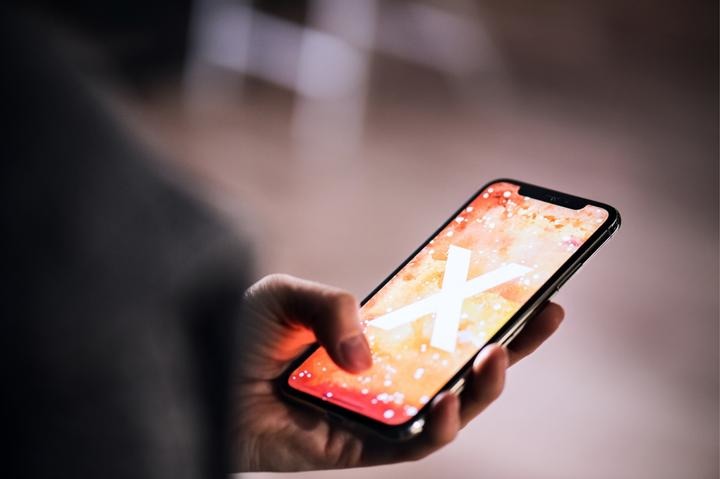
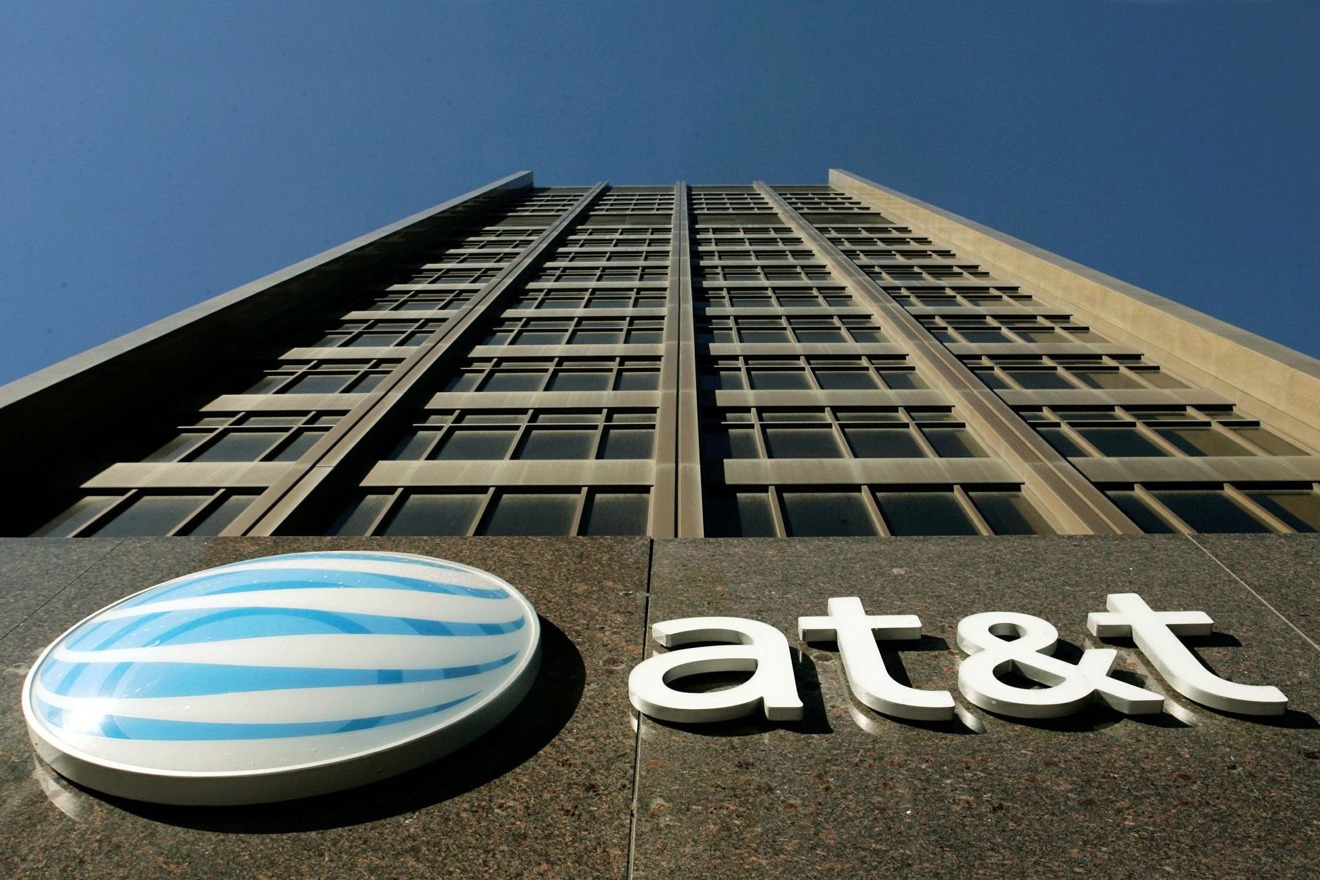
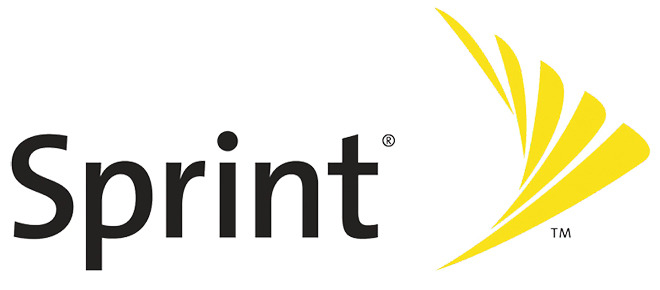
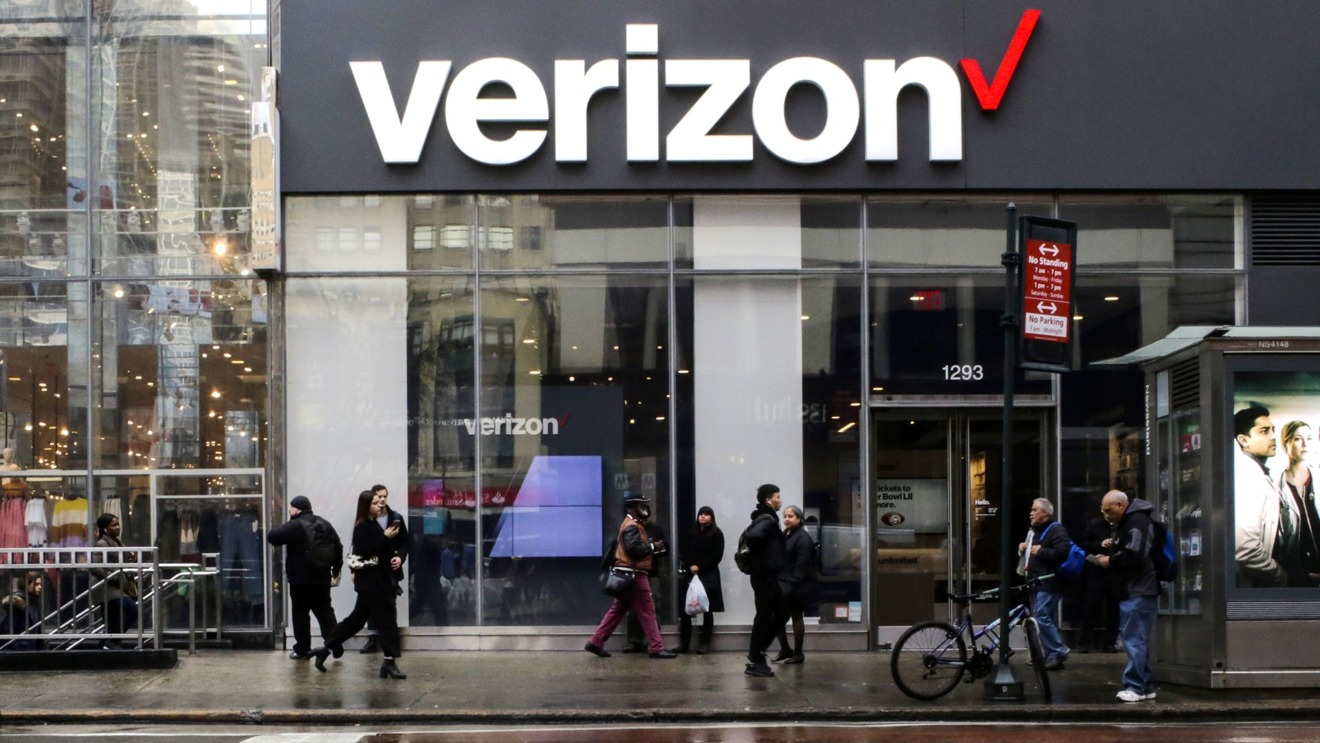
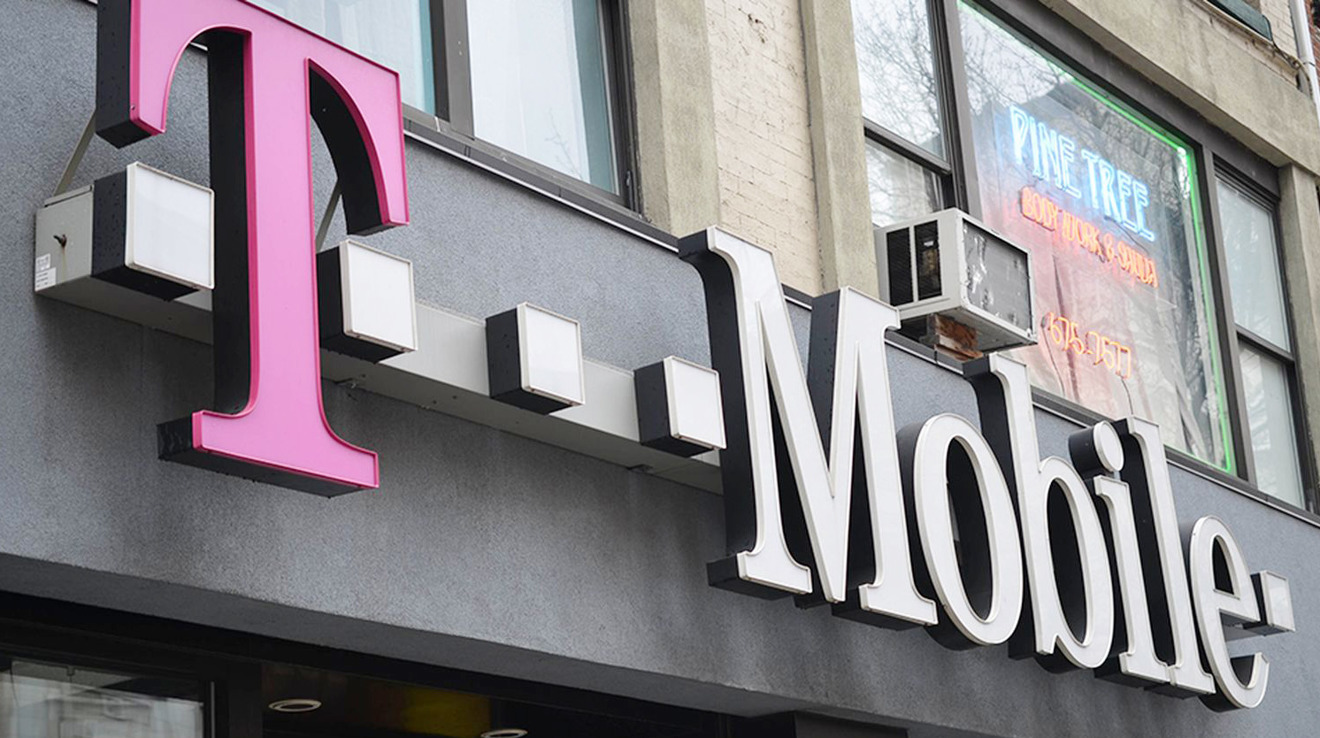
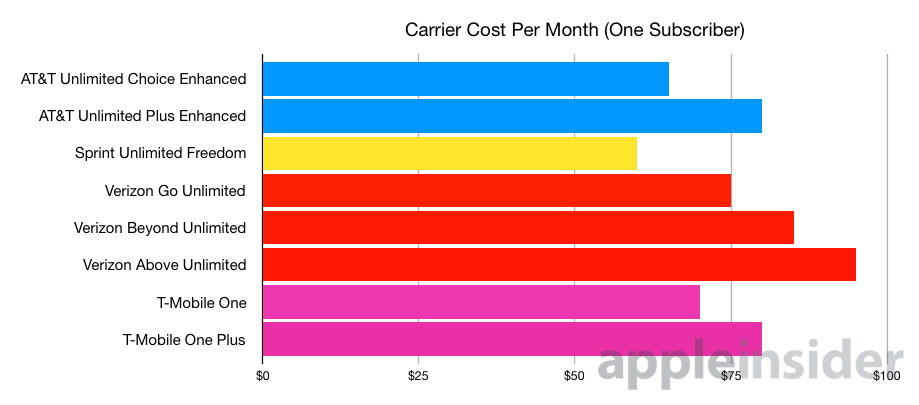
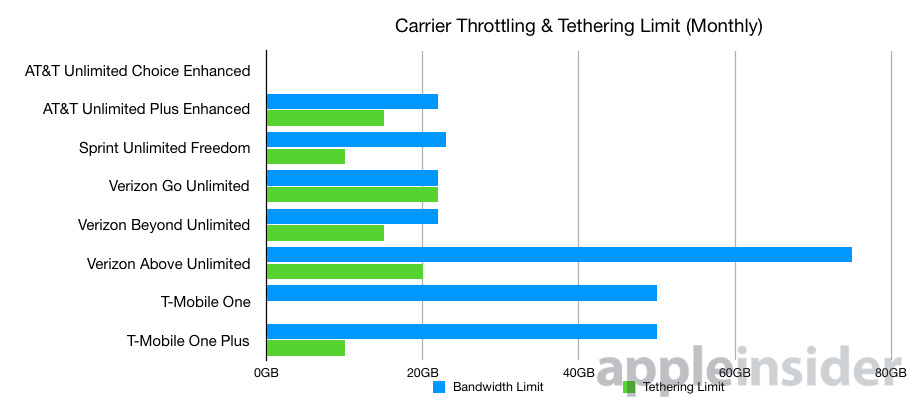

-m.jpg)






 Marko Zivkovic
Marko Zivkovic
 Mike Wuerthele
Mike Wuerthele
 Christine McKee
Christine McKee
 Amber Neely
Amber Neely
 Wesley Hilliard
Wesley Hilliard

 William Gallagher
William Gallagher










32 Comments
I'm paying about $120/ 4 lines with T-Mobile. The data is 6gb each of LTE, and then unlimited at 3g or 4g (idk). Plus unlimited text and data overseas, etc. One of my daughters has been in the UK for most of the last 9 months and traveled to France, Switzerland, Germany, Spain - free texting and data. Previously we paid about $200/month to AT&T without all the additional perks of T-Mobile.
Hey AI, can you add Virgin Mobile to this mix? I’m curious how their offers size up with these usual suspects...
A nice summary. Good work, AI.
My t-Mobile 55+ plan is a major score. 2 lines, $60, all taxes fees included. Coverage is good for my needs. YMMV.
NB: even though the 55+ plan is "unlimited" it isn't an unlimited plan wrt the free netflix offering. And that's not a deal breaker because...well...I don't use netflix.
We got pretty lucky when we moved from ATT to T-Mobile last year. Because of specials, etc, we ended up with three lines (unlimited data / text / etc) for 100$. We had to ask for our video to be delivered in HD (weird), were given devices for our cars for car wifi (2gb per month)... These devices send a notice to your phone if your cars been bumped or if someone's trying to break in... It will alert you if your car battery is on its way out as well. The offer was initially two phones for 100$, but while we were trying to transfer pout of ATT (a MASSIVE pain) T-Mobile had a one-day special of adding a line for free if you had two or more to begin with. Our daughter is only 8 (no phone for her) but when she's ready, she'll have unlimited everything and we won't have to add a line. Also happy with being able to tether - had to pay for that with ATT. I couldn't be more done with them. The note about coverage is true; we're in North San Diego county, took a day trip to Julian (inland, away from civilization) and had no bars for part of the trip. GPS / Pandora was useless.
To me, Cricket is the best deal, especially for multiple lines.